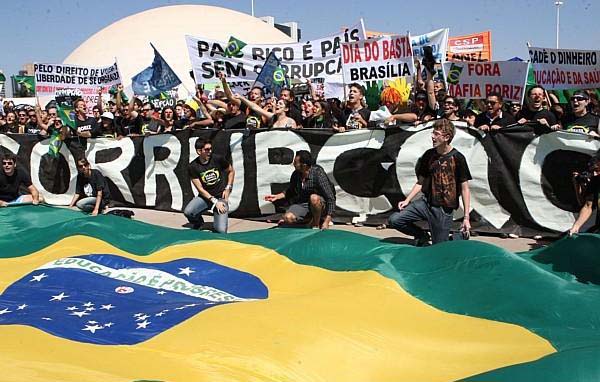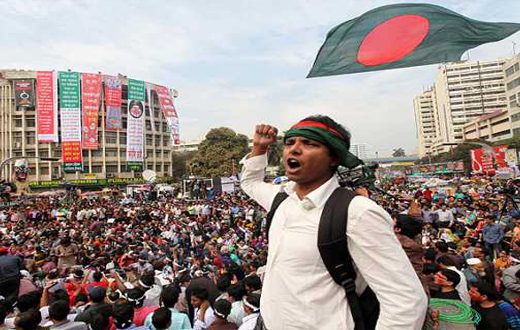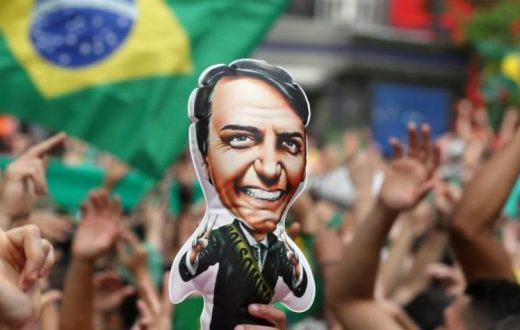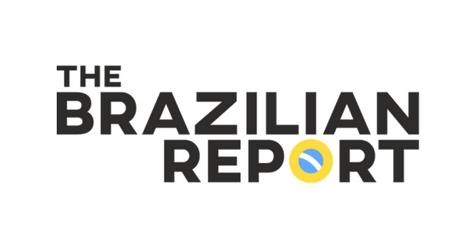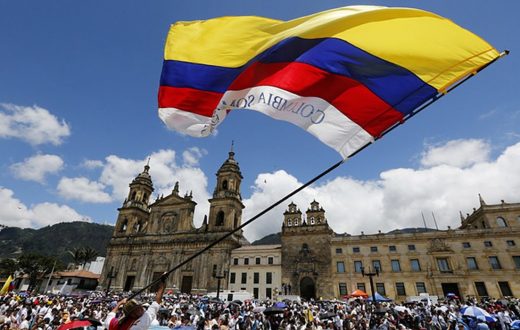Temer’s reformist agenda is at risk, as the Supreme Court orders investigations against top government officials
Brazilian President Michel Temer can’t catch a break. When his administration finally reached a deal with his coalition in Congress to approve the pension system reform, the Supreme Court throws the political establishment deeper into a crisis.
Supreme Court Justice Edson Fachin has ordered investigations against 108 politicians. He crafted the probe off of the plea deals of 77 former executives from Odebrecht, Brazil’s largest construction firm. The list of politicians under investigation includes eight members of the cabinet, 63 lawmakers, three governors, and the member of an anti-corruption court.
This latest political tsunami – in a country that has grown accustomed to them – has essentially paralyzed Congress. After all, the Supreme Court investigation order hits virtually every party in Parliament, from both the left and the right.
Here are the most likely short-to-mid-term scenarios for Brazilian politics:
Temer remains in office
The first piece of positive news for Michel Temer is the fact that he’s not under investigation. While his name is mentioned a few times by former Odebrecht executives, he enjoys a “temporary immunity.” Meaning: the Supreme Court can only prosecute a president for crimes committed during his term – not before.
Moreover, even if the investigation hit the political center of the Michel Temer administration, the president’s job is not under threat. At least, not for now. While he might have to promote several cabinet changes, Temer will still be Brazil’s president. A weakened president, that’s for sure, but still president.
The fact that the list hits almost every party from nearly every state helps his case. The lack of alternatives to the embattled Michel Temer should discourage the establishment from promoting change.
No reforms in sight
Finance Minister Henrique Meirelles doesn’t expect a vote on the pension system reform for “several weeks.” That’s an overly optimistic statement. A vote on the unpopular bill in the first semester seems all but impossible. But the longer Congress waits to vote the reform, the more urgent it becomes. Meanwhile, the government loses leverage to negotiate.
Congress will likely pass a diluted pension system reform – which ultimately won’t be enough to fix Brazil’s social security debt. If the markets believe in Michel Temer, the economy might hold together. But that’s a big, big if.
2018 elections
Brazil holds general elections next year. And the race on all levels will be affected by the scandal. Most of the country’s presidential hopefuls are under investigation. Some are now “damaged goods.” That’s especially the case of Senator Aécio Neves, the runner-up in the 2014 race. Neves is the subject of five criminal cases of corruption, fraud, and embezzlement.
Former President Lula da Silva, who’s consistently first in the polls, is also high on the list of suspects. The investigations hit other possible candidates, like São Paulo’s Governor Geraldo Alckmin. They have all allegedly received bribes and taken dirty money to finance political campaigns.
In that scenario, anti-establishment parties gain steam. After all, guess who’s not on the list? Far-right candidate Jair Bolsonaro (famous for his homophobic and sexist rants).
The scandal was inevitable. That being said, this week was the best moment for the list to become public. There’s the Easter holiday this week, followed by a national holiday on April 21 and Labor Day on May 1st. It buys politicians some time to hide and wait for the end of the storm.
This article written by Gustavo Ribeiro was initially published by plus55 on April 12 and is available here.

